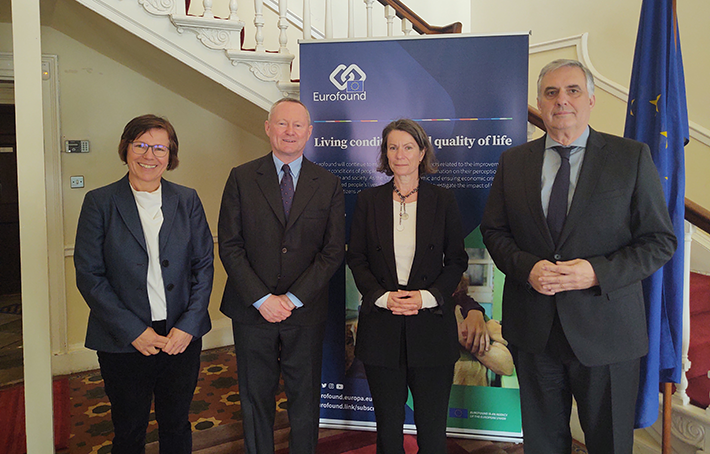
Discrimination at work
The principle of equal treatment requires that all people, and in the context of the workplace all workers, have the right to receive the same treatment, and will not be discriminated against on the basis of criteria such as gender, racial or ethnic origin, religion or belief, disability, age or sexual orientation. EU law prohibits discrimination on an increasing number of grounds, meaning that it is difficult for employers to treat people differently without encountering a charge of discrimination and needing to establish an objective justification for doing so. Equal treatment is one of the main principles of the Pillar of Social Rights.










